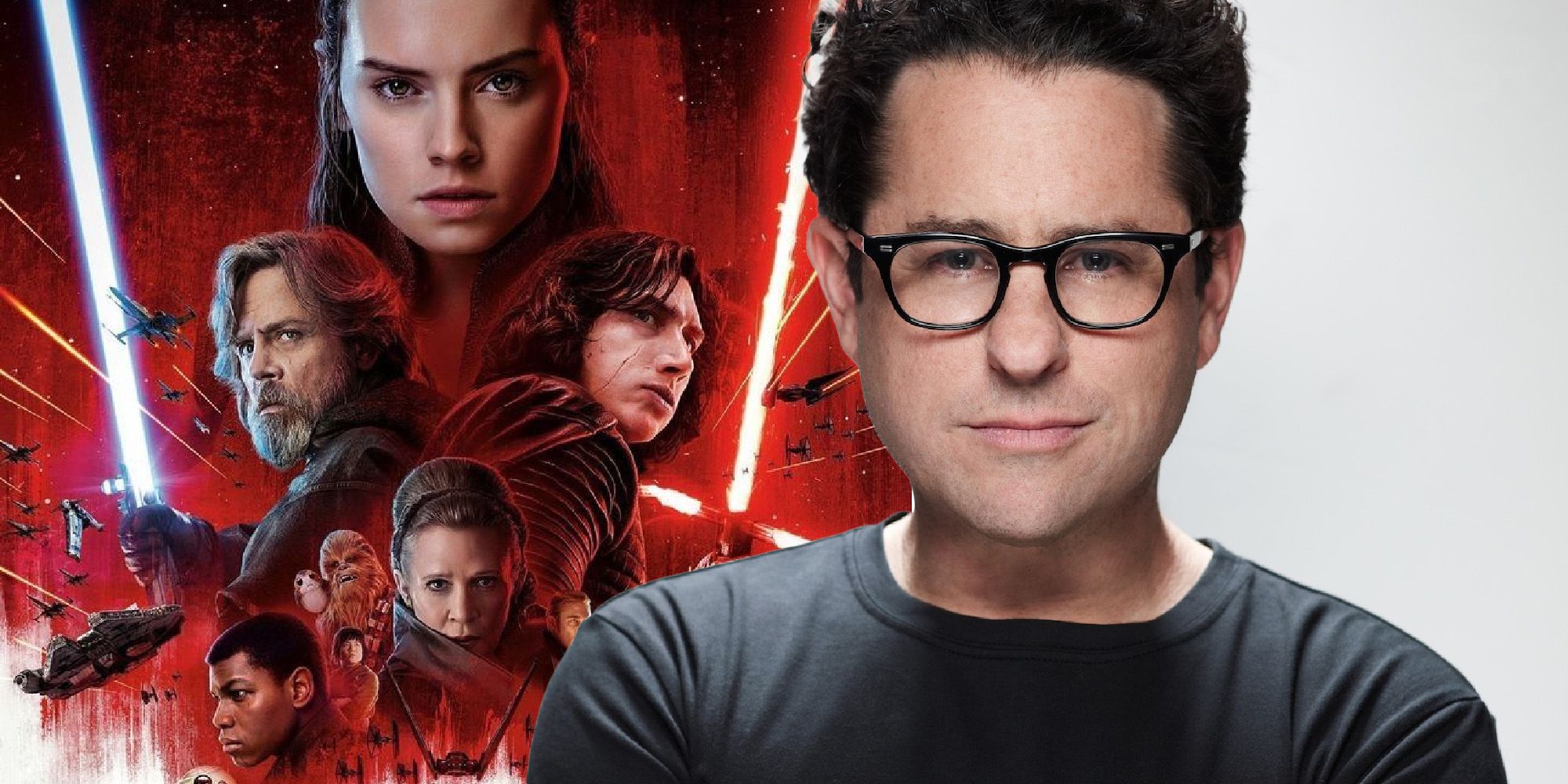
Having two directors handling the fate of Star Wars proved to be a handful, but would the sequel trilogy really have looked different if J.J. Abrams had directed all three movies? Such speculation is a prime case of wishful thinking; as far as viewers know, the sequel trilogy is still very much canon. Unless three entire films' worth of story, development, and action are suddenly retconned (which newer series like The Mandalorian are simply unlikely to do), these are the sequels Star Wars fans have to.
Often, the middle movie of any Star Wars trilogy ends up being the heart of the entire storyline. It nurtures the ideas of the first movie, so that by the time the third movie comes around, the smallest details fall into place to make up the bigger picture. The second movie of the sequel trilogy took a different approach. While it did continue some ideas from The Force Awakens, Rian Johnson's The Last Jedi also tried things that were wholly different in Star Wars canon. It was a divisive approach, with some fans hating what Johnson did, feeling it upended everything Star Wars should be, while others loved it for it not being a formulaic retread of the original trilogy.
With Rian Johnson subverting or dropping the many storylines The Force Awakens had set up, Abrams was left with the challenge of returning for the last movie and creating a cohesive narrative in The Rise of Skywalker. While it's important to note Abrams never wanted to direct The Last Jedi, and had to be talked into coming back for The Rise of Skywalker after Colin Trevorrow was booted from the project, it's interesting to ponder what might have been had he helmed the entire trilogy. If Abrams had been able to direct all three films, he would've likely employed these key differences.
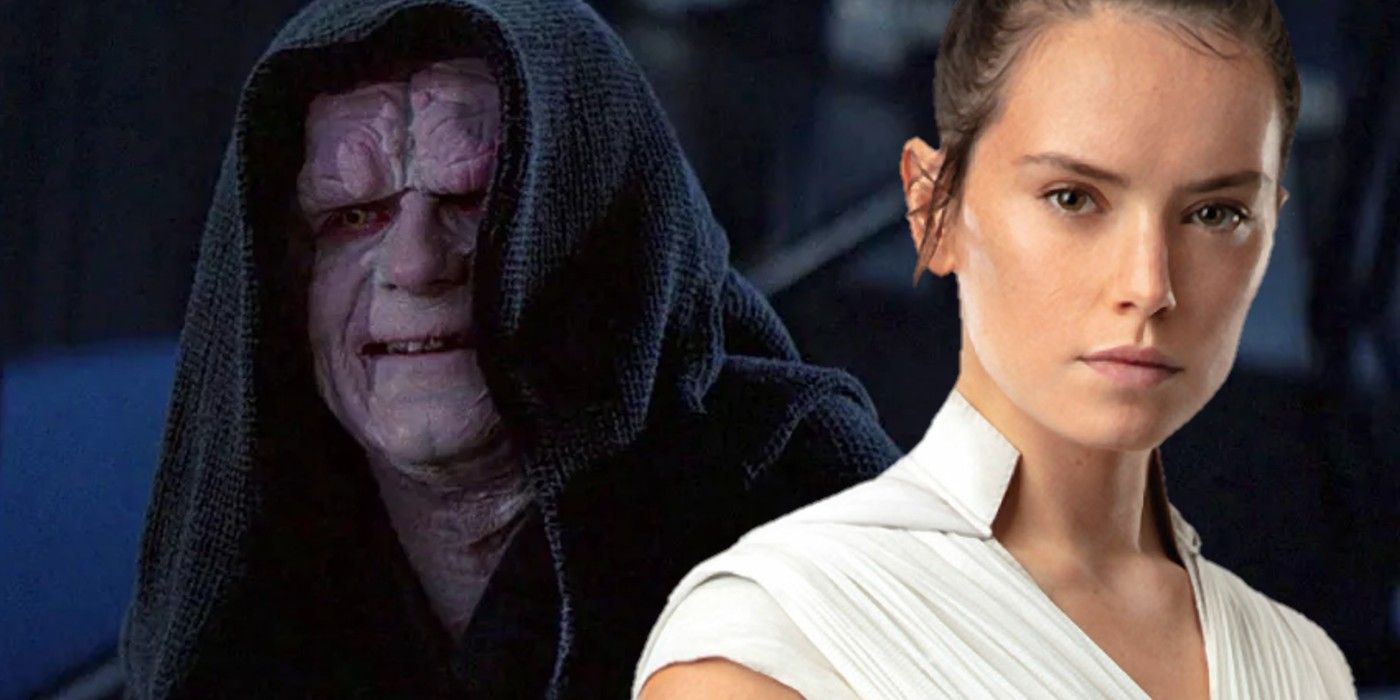
The Force Awakens drops subtle hints there's more to Rey's parentage than meets the eye - that she's not simply a nobody scavenger who was abandoned on Jakku. Johnson's film retcons that, with Kylo Ren explicitly saying of Rey's origins that parents were nobodies. Ultimately, Abrams decided that she must be related to somebody who was (or is) important in the Star Wars galaxy. Several sources point to the theory that J.J. Abrams was not originally thinking of Emperor Palpatine while coming up with Rey's lineage. In an interview on Jimmy Kimmel Live, actress Daisy Ridley revealed some of the process that went into crafting Rey's ancestry.
According to Ridley, Palpatine was definitively not a starting point for Abrams. In the interview, she remarks, “At the beginning, there was toying with like an Obi-Wan connection... Then it came to Episode IX and J.J. pitched me the film and was like, ‘Oh yeah, Palpatine’s grandaughter.' I was like, ‘Awesome!’ Then two weeks later he was like, ‘Oh, we’re not sure.’ So it kept changing.” Ridley's comments revealed the problem with the lack of plan for the Star Wars sequel trilogy. If Abrams had directed The Last Jedi, it's entirely possible that Rey would've ended up being a Kenobi. This relation makes a lot of sense, considering the fact that Obi-Wan Kenobi's voice is the first disembodied Jedi presence that Rey encounters.
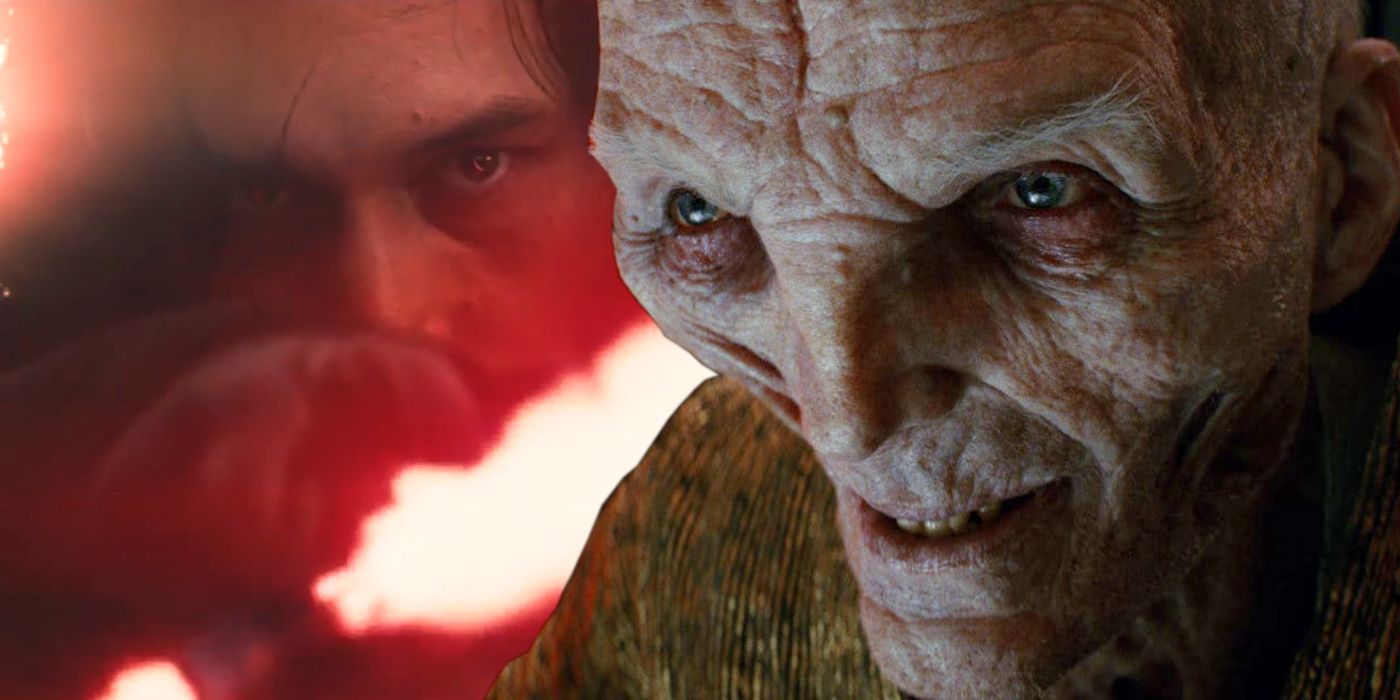
Since Snoke was solidly set up as the sequels' main villain in The Force Awakens, he likely wouldn't have died in Abrams' version of the second movie. Snoke's death in The Last Jedi came largely as a surprise, especially as he had been positioned to be the big bad through the entire trilogy. While it was a powerful moment, it left audiences wondering if he should have survived into the third movie.
In an interview with Rolling Stone, Abrams remarked "I appreciated the choices [Johnson] made as a filmmaker that would probably be very different from the choices that I would have made. Just as he would have made different choices if he had made Episode VII." While this response is mature and overall supportive, it definitely highlights the fact that Abrams had not expected certain storylines to go certain ways considering what he'd set up in his typical "mystery box" approach.
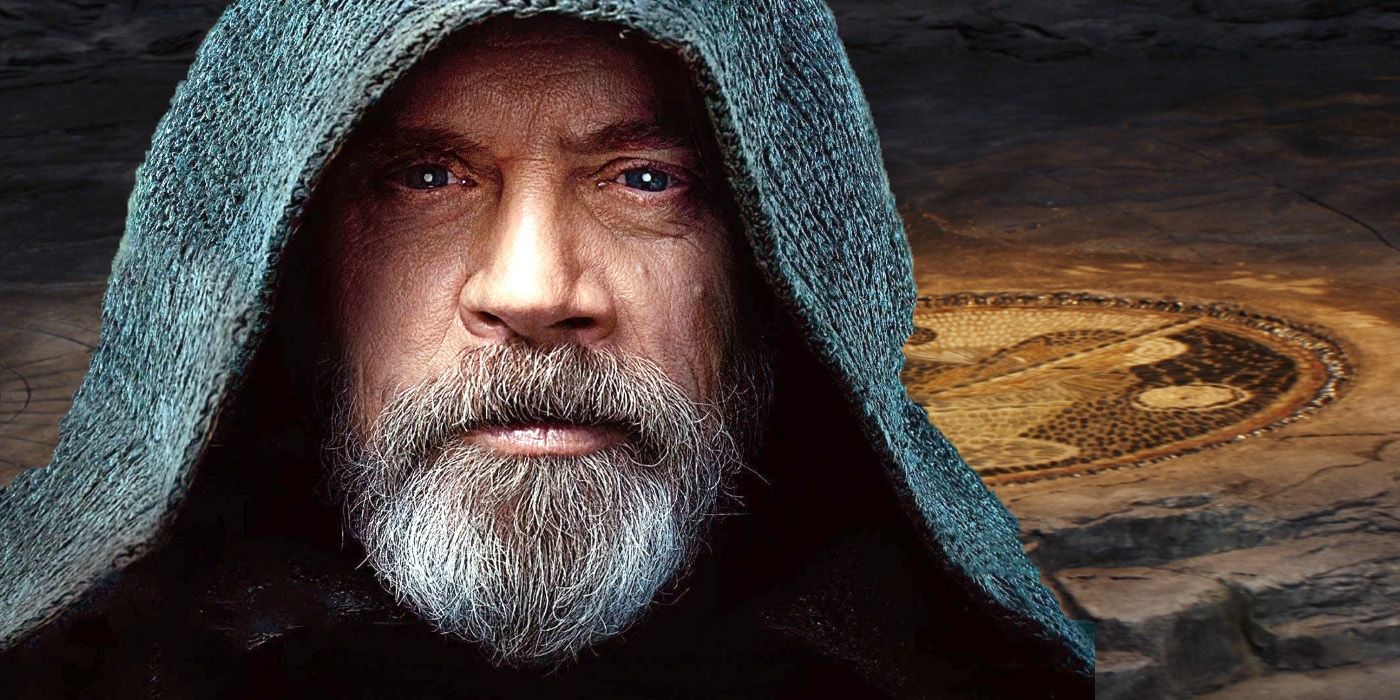
Luke Skywalker probably represents the biggest split between Abrams and Johnson in terms of what they envisioned for the sequel trilogy. In The Last Jedi, he seems like an entirely different person. His personality is almost unrecognizable from the Luke Skywalker that fans last saw in Return of the Jedi. That bright-eyed, beacon of hope and optimism in the Star Wars franchise had become a crotchety old hermit - and most shockingly, a somewhat broken pessimist. If anything, this is the closest viewers can see of Luke leaning to the dark side (which is ironically what he's so afraid of in The Last Jedi.) He's bitter, cantankerous, and full of fear. It was a bold take that many appreciated, but a number of fans also hated.
In that same interview with Rolling Stone, Abrams states, "I felt the biggest surprise was how dark Luke was. That was the thing that I thought: 'Oh, that was unexpected.'" So, it seems that a trilogy led completely by Abrams would've included a version of Luke Skywalker closer to the younger version of himself fans are familiar with.
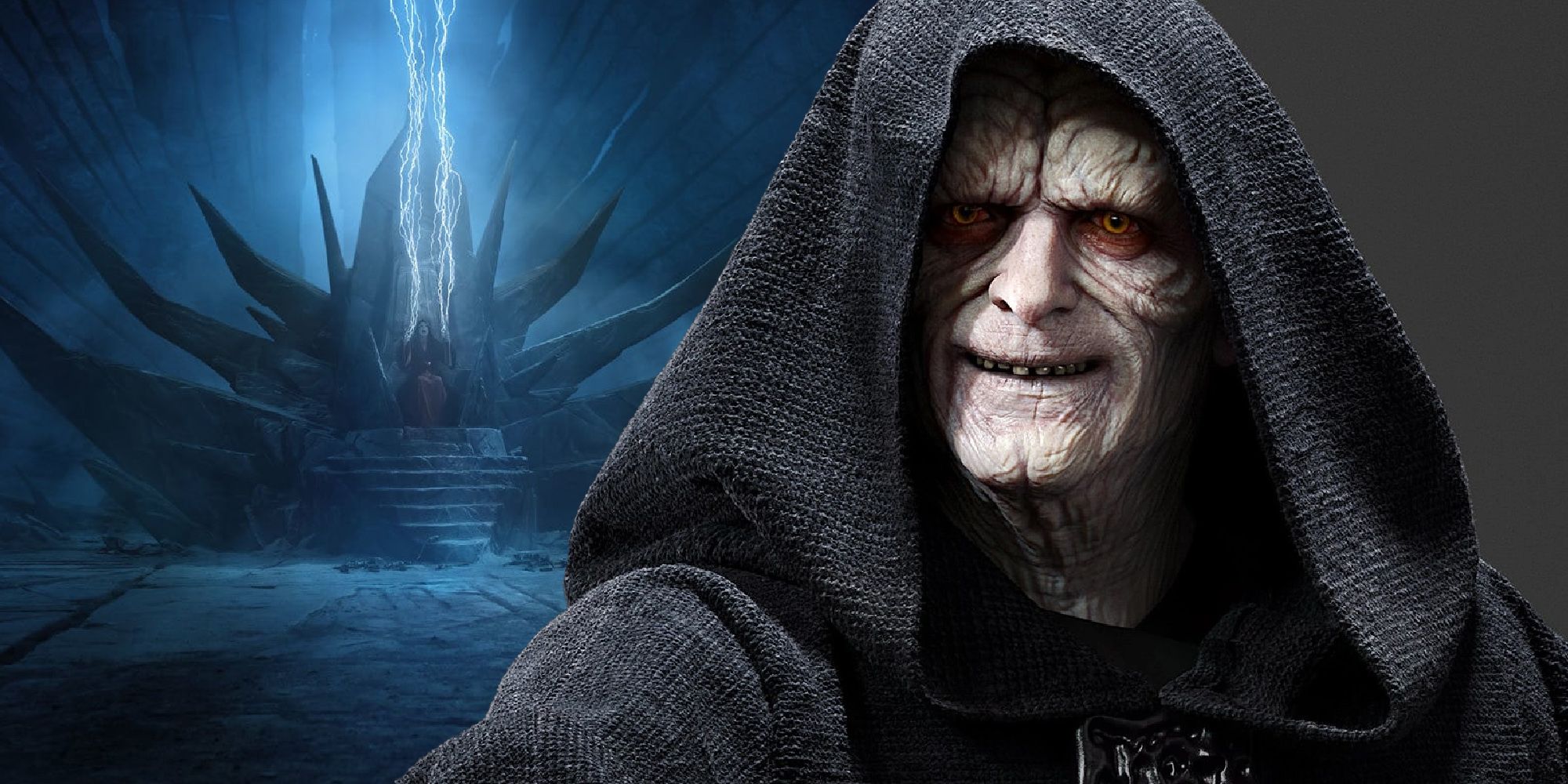
Emperor Palpatine is undeniably a key figure in the Star Wars franchise, but it's unclear if Abrams always planned for Darth Sidious to return in the sequel trilogy. Visual effects supervisor Roger Guyett alleged that Abrams actually wanted Palpatine to come back in The Force Awakens, in a similar fashion - riddled with tubes and essentially on life support. It's clear that the idea didn't make the cutting board, with references to Palpatine being all but completely wiped out of the first movie in the sequel trilogy. So, the answer here is both yes and no; Abrams' wouldn't have brought Palpatine back in The Rise of Skywalker because he would've already been a presence since The Force Awakens.
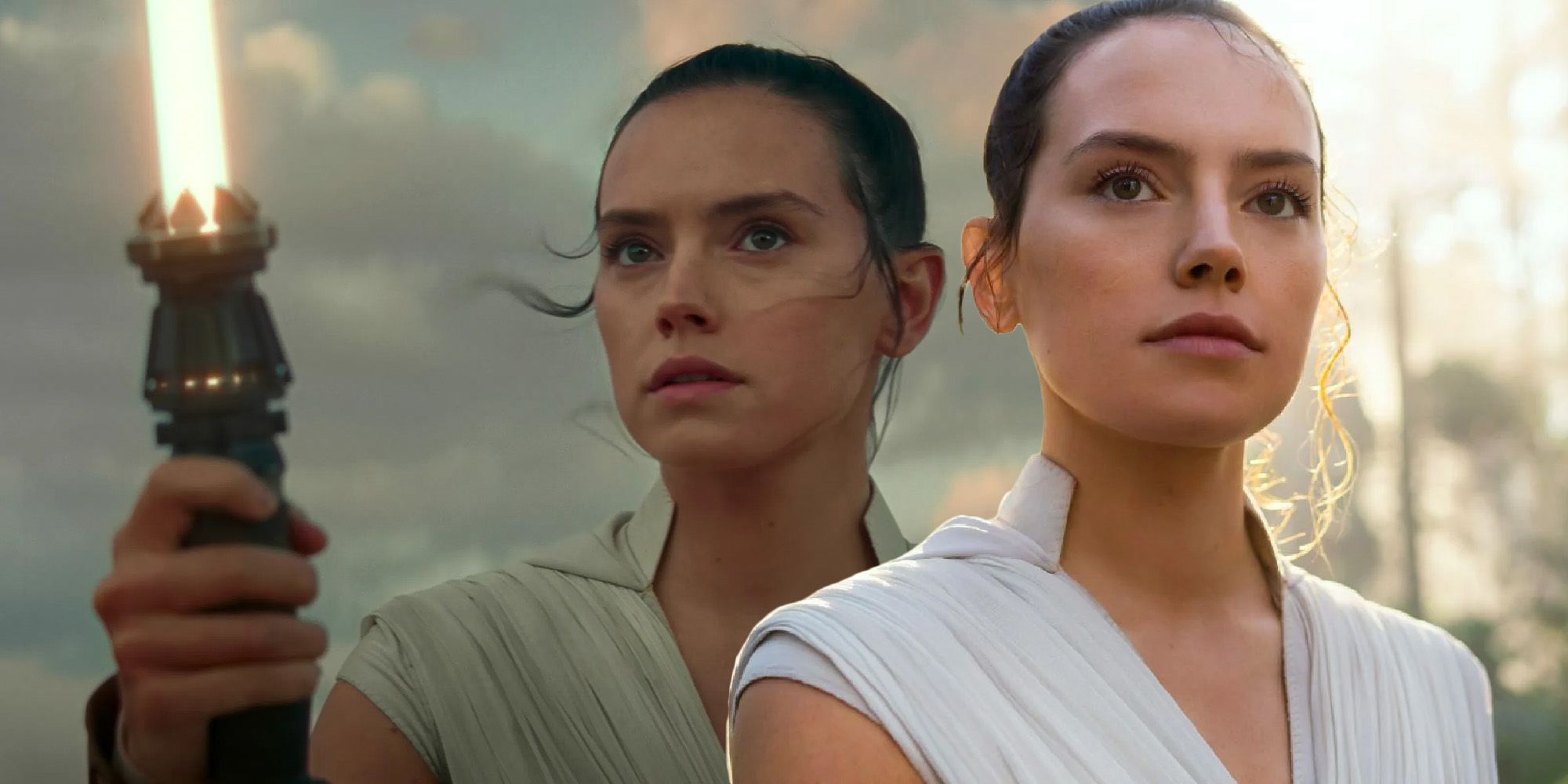
Ultimately, the ending of Abrams' version of the sequel trilogy would mostly be the same. From the beginning, Abrams had a redemption arc in mind for Kylo Ren (a.k.a. Ben Solo). Adam Driver said to IANSlife: "J.J. Abrams told me when I met him for the first time that I should imagine a journey of a character completely opposite to Darth Vader." Basically, Kylo Ren was always supposed to be a reverse Anakin Skywalker story. Considering that, there would still be an epic team-up between Rey and Kylo Ren as they took on the villain of the trilogy, whether that be Palpatine or Snoke.
Even the last frame of The Rise of Skywalker probably would've been the same. From the beginning, Abrams set out with the message that parentage doesn't necessarily define people and that a person doesn't have to be from a heroic family to become a hero (though it could be noted, he seems to indicate true Jedi can only come from people of pedigreed lineage). This is immediately shown in the very first Star Wars twist in the sequel trilogy: Finn, a stormtrooper who defects from the First Order, joining the Resistance. Ultimately, Rey was always going to choose to be a Skywalker, even if she ended up being from the furthest bloodline from them.
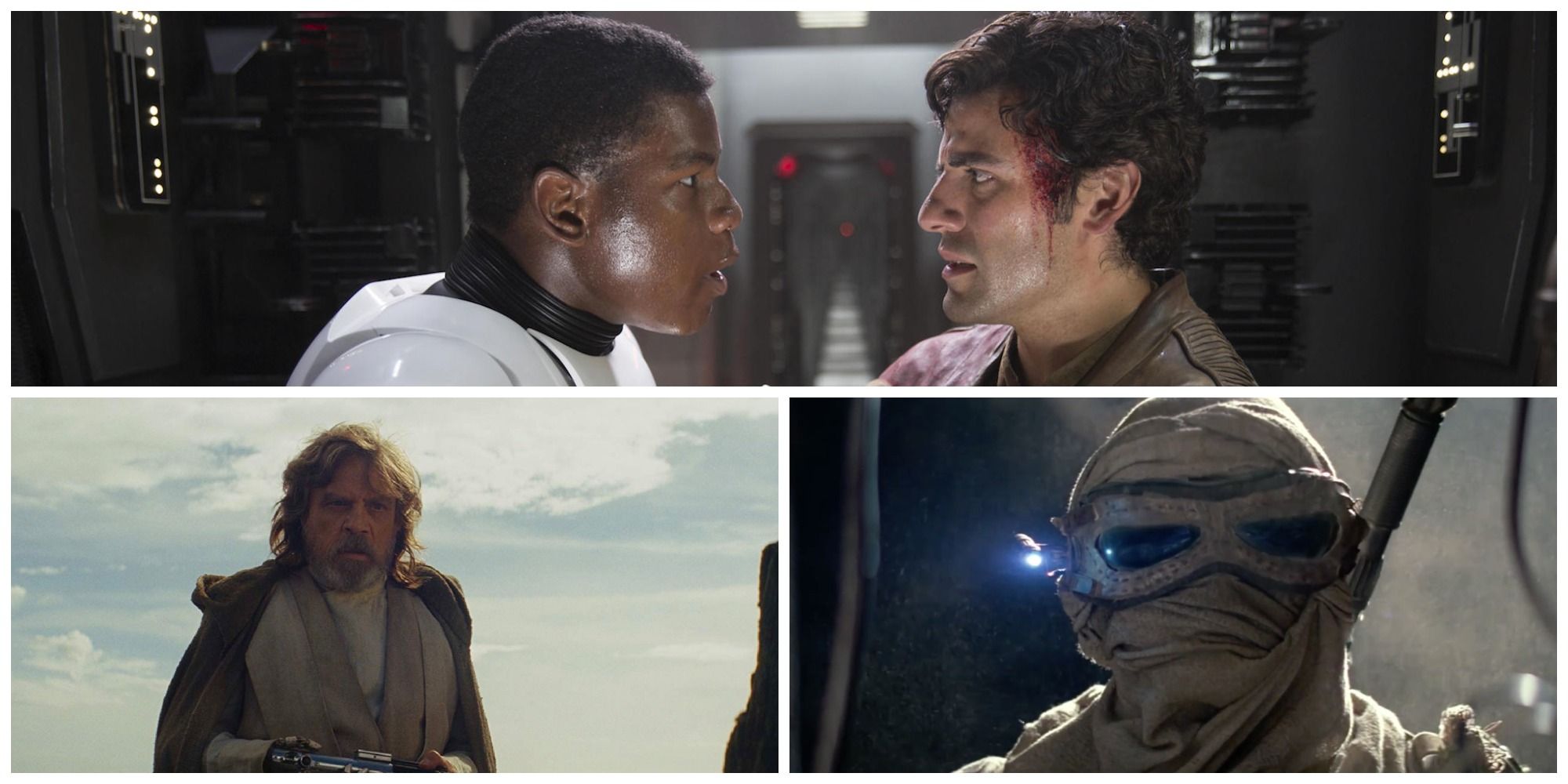
Better is a subjective term, so it's hard to say. The sequel trilogy resoundingly received a lot of negative feedback for its conflicting visions, which has only been exacerbated by newer content like The Mandalorian. Though Abrams' sequel trilogy might have been more consistent, it's difficult to determine whether the end result would've been better or worse. Plus, most of the changes that a totally Abrams-led sequel trilogy would make don't address the biggest problem of the sequel trilogy: virtually no reference to the Star Wars prequel trilogy. With fans placing so many personal expectations on the sequel trilogy to be exactly what they individually wanted, it's likely Abrams' full control still wouldn't have been able to deliver the films Star Wars fans were looking for.
Love them, hate them, or feel no particular way about them, the sequel trilogy is Star Wars canon and here to stay. Abrams' ideas might've panned out differently, but the beauty of the sequel trilogy is that it provides endless fodder for discussion and likely will for decades to come.
https://ift.tt/36lHXxT
January 18, 2021 at 05:04AM





